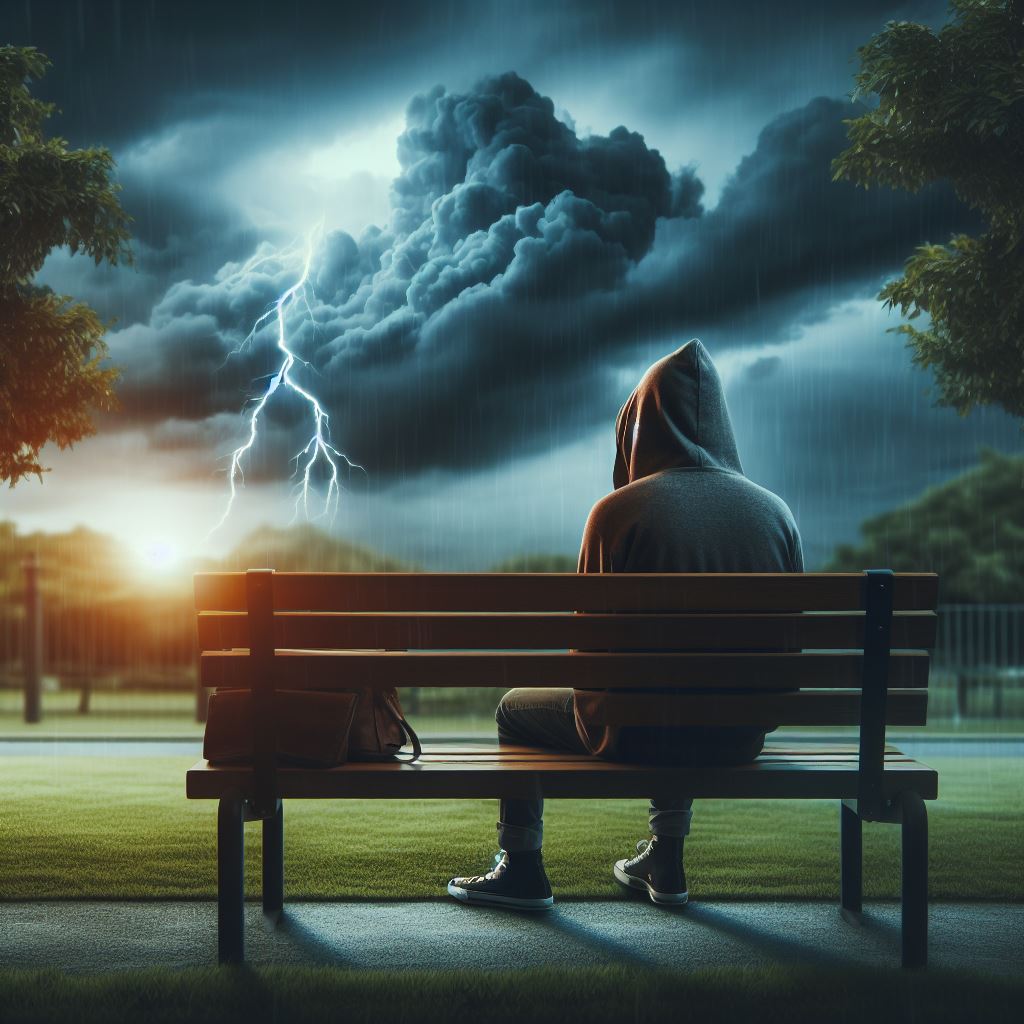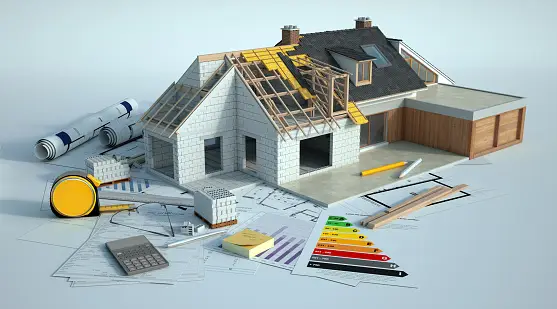Identify depression’s signs with our expert guide. Learn to spot the difference between a bad day and chronic sadness, understand when to seek help, and start your journey to recovery. This article is your first step towards recognizing and addressing the silent struggle of depression.
We all have those days when we feel down or out of sorts—when the bed is more inviting than the world outside, and our energy seems to have taken a day off. But when do these feelings cross the line from a simple case of the blues to something more? Depression is a common but serious mood disorder that affects millions of people worldwide. Recognizing the signs can be the first step towards getting help.
Understanding Depression
Depression is more than just feeling sad. It’s a persistent condition that affects your mood, thoughts, and body. If you’re experiencing depression, you might feel hopeless, worthless, or just “off” for weeks, months, or even longer. It’s not something you can simply “snap out” of, and it’s not a sign of personal weakness.
Common Signs of Depression
While everyone’s experience with depression is unique, there are common symptoms to look out for:
- 1.Persistent Sadness or Emptiness: A hallmark of depression is a deep, ongoing sense of sadness. You might also feel emotionally numb or empty.
- 2.Loss of Interest: Activities that once brought joy might no longer appeal to you. This can include hobbies, social activities, or intimacy.
- 3.Fatigue and Sleep Issues: Whether it’s sleeping too much or not being able to sleep at all, changes in your sleep patterns can be a sign of depression.
- 4.Changes in Appetite: This could mean not feeling hungry or eating more than usual, leading to weight loss or gain.
- 5.Difficulty Concentrating: Trouble focusing, making decisions, or remembering things can all be symptoms of depression.
- 6.Physical Symptoms: Unexplained aches and pains, headaches, or cramps that don’t go away with treatment can be associated with depression.
- 7.Irritability or Restlessness: You might feel more agitated or restless than usual, or have a low tolerance for frustration.
- 8.Feelings of Worthlessness or Guilt: You may harshly criticize yourself for perceived faults and mistakes.
- Thoughts of Death or Suicide: Depression can lead to thoughts of self-harm or suicide. This is a sign to seek immediate help.
When to Seek Help
If you recognize these signs in yourself or someone else, it’s important to seek professional help. Depression is treatable, and there’s no shame in reaching out. A healthcare provider can offer a diagnosis and discuss treatment options, which may include therapy, medication, or lifestyle changes.
Conclusion
It’s crucial to distinguish between a bad day and depression. While everyone experiences sadness, the persistence and severity of symptoms are key in recognizing depression. If you’re in doubt, it’s always better to consult a professional. Remember, acknowledging the problem is the first step to recovery.
This article aims to provide an overview of the signs of depression and is not a substitute for professional advice. If you or someone you know is struggling, please reach out to a healthcare provider or contact a mental health hotline for support.


























